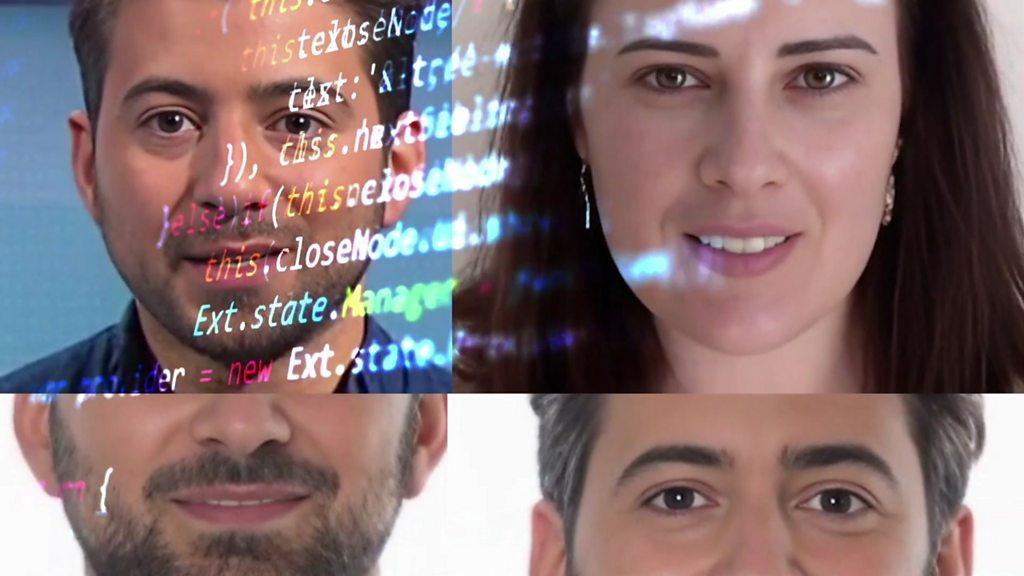Friend stole my face for deepfake nudes – now I want tougher laws
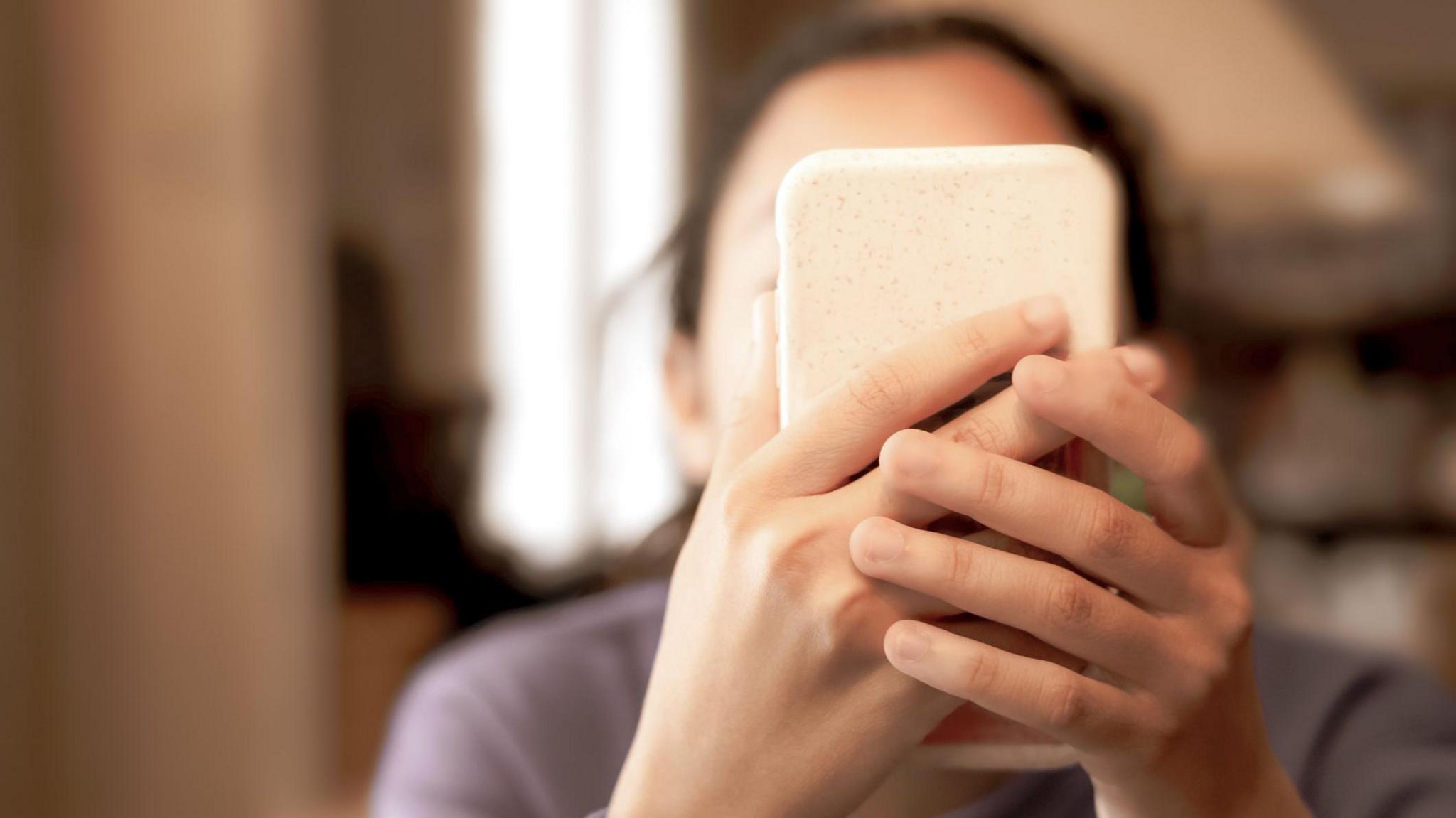
Sophie was alerted to deepfake images bearing her face by a friend
- Published
The victim of one of the first deepfake image prosecutions in Scotland says she has been left feeling "humiliated and betrayed" after the man who doctored her likeness was given a fine.
Callum Brooks, 25, from Glasgow, became one of the first to be convicted of using artificial intelligence (AI) technology to create and share deepfake nude images after admitting the offence in court last month. He was fined £335.
Sophie (not her real name) told BBC Scotland News that crimes using AI should have their own legislation and that penalties should be higher.
The Scottish government said it was considering the need for a separate law.
What is a deepfake?
Deepfakes are digitally manipulated images or videos which replace one person's likeness convincingly with another.
Sophie said she was horrified when she realised that her face had been put on two naked images and reported Brooks - someone she knew from high school - to the police.
She said she felt "small" and "vulnerable" after a friend alerted her to the picture.
"It was a big feeling of betrayal," she said. "It disgusts me that you could do that to someone you would call a friend.
"It played on my mind for a couple of days until I admitted to my mum I felt embarrassed. I worried if these images might be on a website. If you googled my name – would it come up?"
She was angry that someone had "kidnapped" her image from a social media post.
"The photo of me fully clothed, had been altered so it was completely naked. I also had a fear, if he (my friend) had been sent this, who else had it? Has it been uploaded online?"
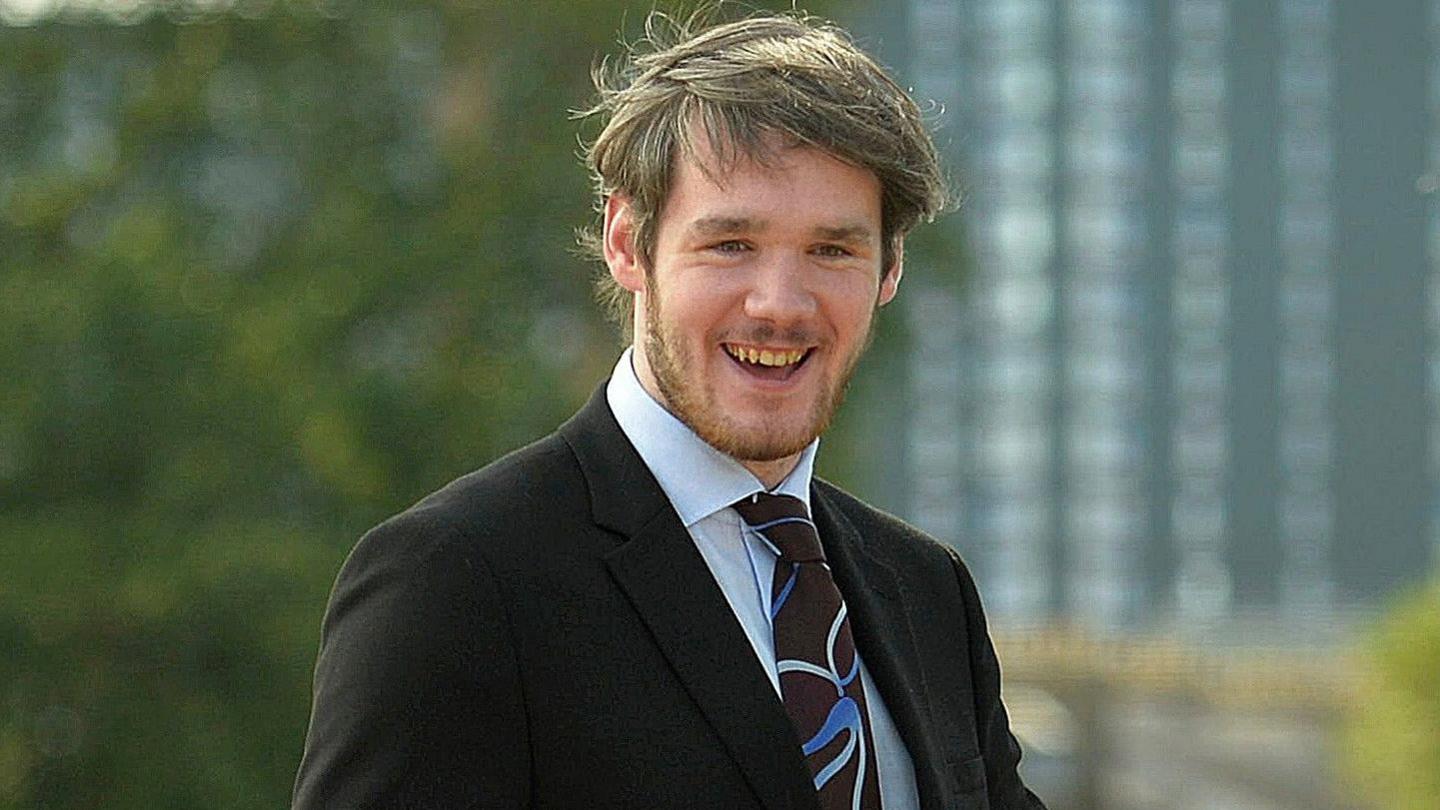
Callum Brooks admitted creating deepfake naked images of a woman he knew in high school
Although the sharing of such images without a person's consent is already a criminal offence, the UK government promised to create a separate offence for the creation of sexually explicit deepfakes last year.
First Minister John Swinney said the Scottish government was "carefully considering" whether the specific legislation was required and would work with Westminster on whether to extend any new laws to Scotland.
Brooks claimed there was no sexual element to his actions, which the Crown accepted.
Sophie feels strongly that separate legislation would better help victims like her.
"I would like to see it being treated with more severity. I feel new legislation should be made around AI-specific crimes."
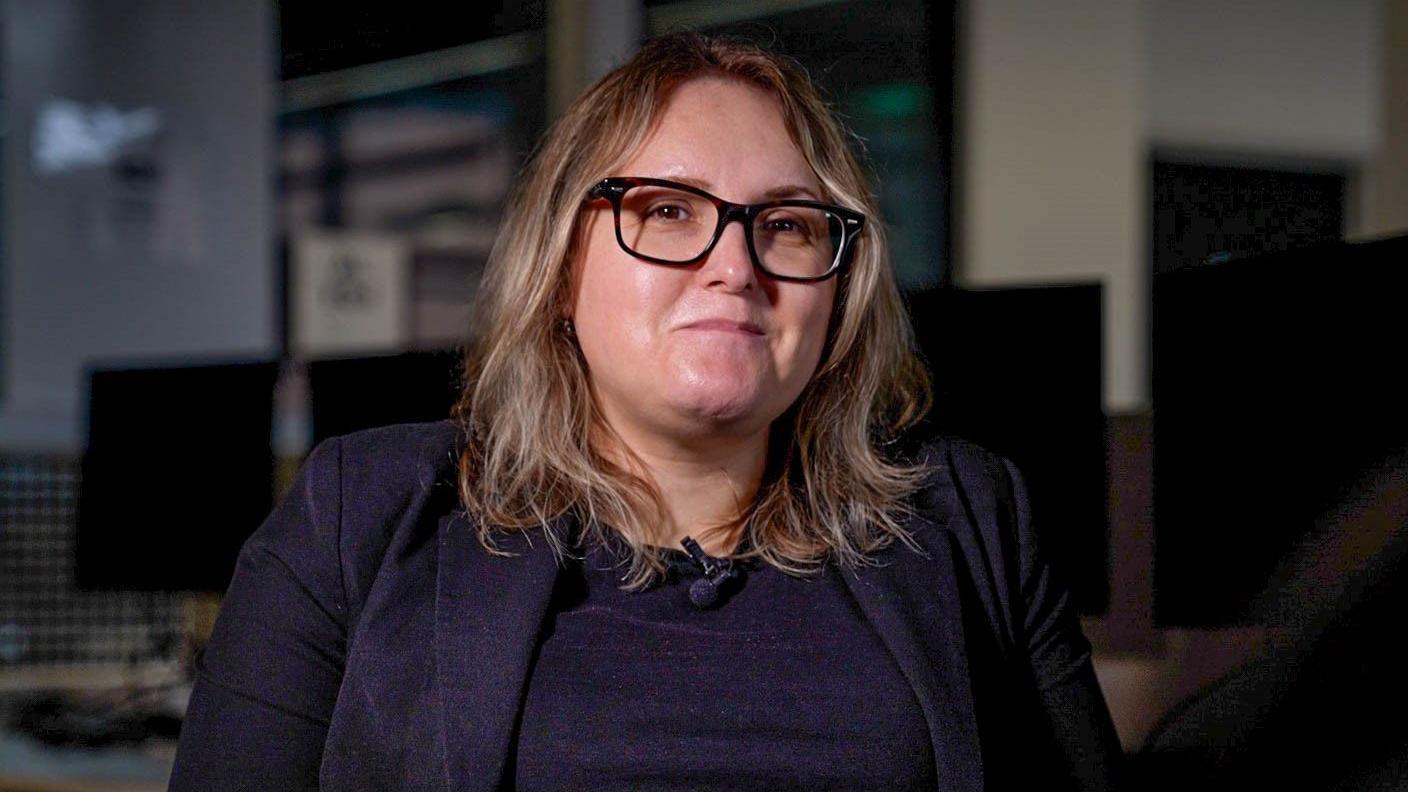
Cybersecurity expert Dr Lynsay Shepherd said a collective effort was needed to address the issue of deepfakes
Experts at Abertay University are already working on better ways to combat deepfake images.
Next month a new PhD begins which will look to better to identify deepfakes – increasing awareness for both police and the public.
Dr Lynsay Shepherd is an expert in cybersecurity at Abertay and said the move was "hugely important".
She added: "As technology advances, it's tricky to try and stay one step ahead.
"With these nudification applications there's not much you can do in defending yourself because it could be any image that's been uploaded.
"These applications have various different features of what you want to add to the image. It's very depressing and very, very easily done."
She added that there needs to be a collective effort to address deepfake issues in the longer term.
"Law enforcement can't tackle this by themselves. Academia can't tackle this on its own. It's quite vital we're all working together along with industry stakeholders as well," she said.
A spokesman for the Scottish government said: "The offence of 'non-consensual sharing of intimate images' introduced in 2016 criminalises the sharing of images, including deepfake images, that either show or appear to show a person in an intimate situation without their consent.
"The Scottish government keeps the law under continual review and will consider through consultation whether further changes are required to tackle the creation of deepfake sexual images."
If you have been affected by any of the issues in this story, information and support is available via the BBC Action Line.
Related topics
- Published19 August

- Published27 March 2024
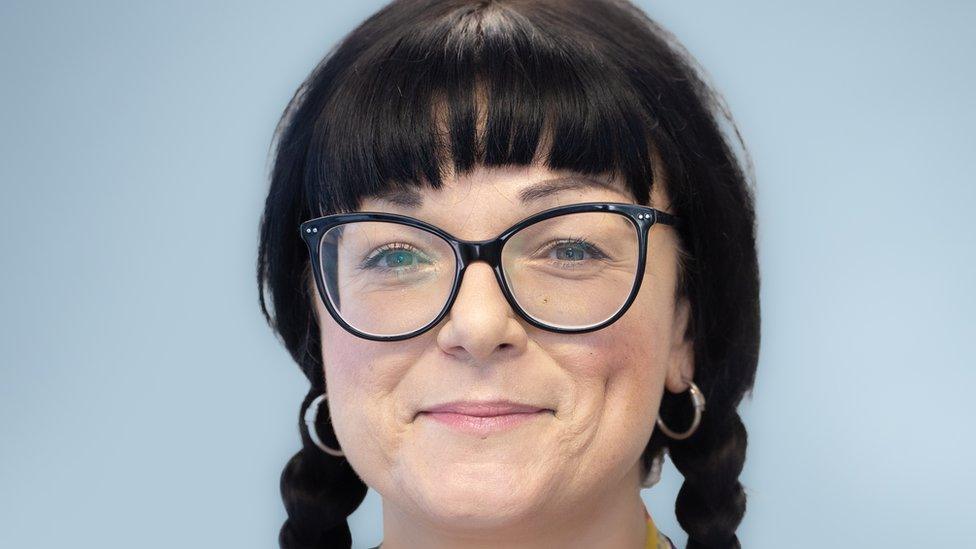
- Published15 May 2024
